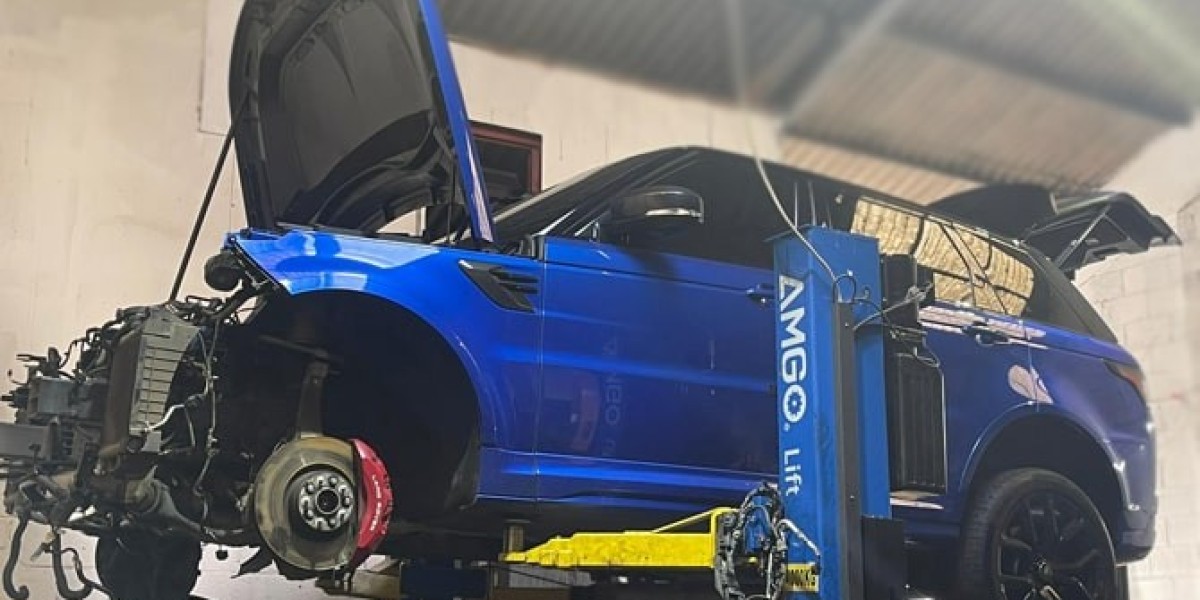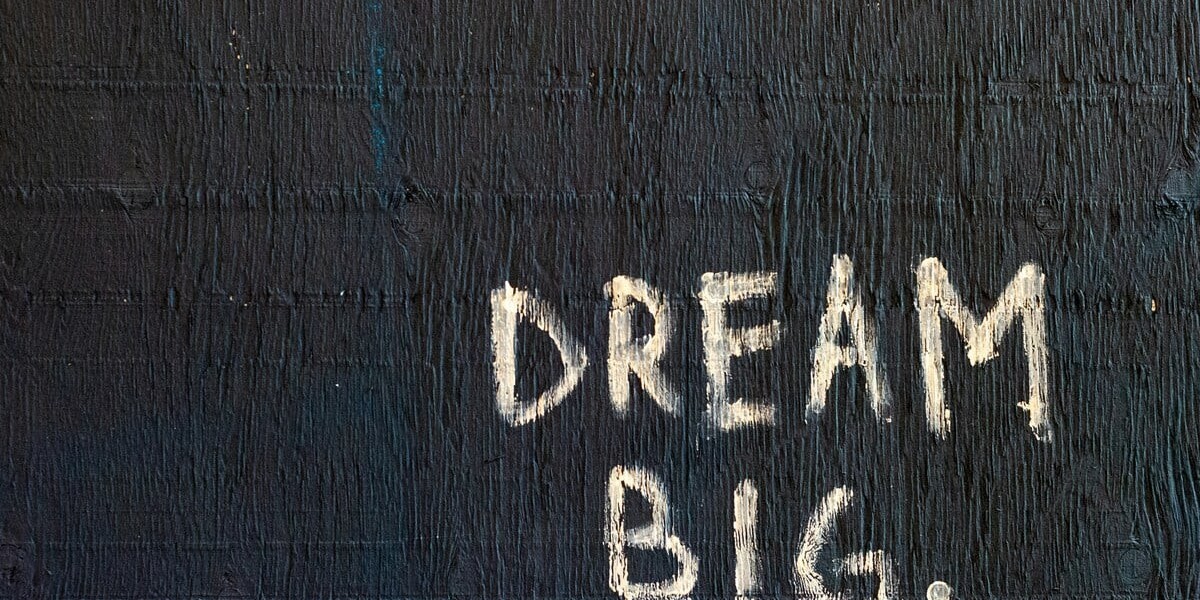Poker looks simple — until you actually sit down to play.
You learn the hands, play a few rounds, hit a couple of lucky flops… and then suddenly your stack vanishes before you even realize what went wrong.
That’s the beauty (and danger) of 12 Huat poker: it punishes small mistakes and rewards discipline.
Every beginner starts with enthusiasm. But it’s the corrections you make early that decide how fast you grow — and how long your bankroll lasts.
Let’s break down the most common beginner poker mistakes — and, more importantly, how to avoid them like a pro.
? Mistake #1: Playing Too Many Hands
If poker had a golden rule, it would be this:
Not every hand deserves to be played.
New players fall into the trap of wanting action. They call, raise, or chase with almost anything — hoping to “see a flop” and maybe get lucky.
But that’s exactly how bankrolls disappear.
Every extra hand you play without good reason bleeds chips.
? How to Fix It:
Play tight early. Stick to premium hands: big pairs, strong suited connectors, and top cards in position.
Fold more than you think you should. Folding is not weakness — it’s discipline.
Use hand charts. Start with a simple preflop guide to learn which hands are profitable from each position.
Remember: good players win by playing fewer hands better.
? Mistake #2: Ignoring Position
If you could only learn one “advanced” poker concept, make it position.
Your position at the table — especially being on the button (last to act) — is pure power.
Why? Because poker is a game of information. The later you act, the more data you have on everyone else’s decisions.
Beginners who ignore position end up calling or raising blindly from early spots and get trapped by stronger hands later.
? How to Fix It:
Play tight in early position. You’ll act first post-flop, so only enter with strong hands.
Loosen up in late position. You can steal blinds, control pots, and make better reads.
Always ask: “How much information do I have right now?” Position answers that question.
In poker, timing is everything — and position is timing.
? Mistake #3: Overvaluing Hands Like Aces and Kings
Pocket aces or kings look beautiful — but they’re not invincible.
Many beginners fall in love with premium hands and can’t let them go, even when the board turns ugly.
Flop full of straight or flush draws? They still shove.
Opponent raises huge? They still call.
Result? Disaster.
? How to Fix It:
Be willing to fold monsters. One of the strongest poker skills is knowing when your big hand is no longer good.
Read the board. If the flop connects heavily with your opponent’s range, slow down.
Don’t marry your hand. The goal isn’t to prove your aces are best — it’s to make the most profitable decision every time.
Aces pre-flop win often. Aces post-flop win only if you play them smart.
? Mistake #4: Playing Emotionally (a.k.a. Tilt)
Nothing kills a bankroll faster than tilt.
Tilt is when emotions take over logic — after a bad beat, a lucky streak, or just frustration.
You start chasing losses, bluffing wildly, or calling out of anger.
You’re not playing poker anymore — you’re playing revenge.
? How to Fix It:
Take breaks. If you feel heated or distracted, leave the table — even for five minutes.
Set stop-loss limits. Decide how much you’re willing to lose in a session before you start.
Breathe and reset. Tilt control is a muscle. The faster you recover, the better you get.
The best players don’t avoid emotion — they manage it.
? Mistake #5: Chasing Every Draw
That “almost” hand is poker’s biggest trap.
You see four cards to a straight or flush and think,
“I just need one more!”
So you call. And call again. And then miss — again.
Chasing every draw without proper odds is slow-motion self-sabotage.
? How to Fix It:
Learn pot odds. Compare the size of the pot to the cost of your call and your chance of hitting.
Know your outs. A flush draw has 9 outs; a gutshot straight only 4.
Fold weak draws. Especially if you’re out of position or facing big bets.
If the math doesn’t support the call — it’s not a good call.
? Mistake #6: Not Paying Attention
Poker isn’t just about the cards in your hand — it’s about everything happening around you.
Beginners often zone out between hands, scroll their phone, or only focus when they’re involved in a pot.
That’s how they miss the biggest advantage poker gives: information.
? How to Fix It:
Watch every showdown. See what hands people play and how they bet them.
Track tendencies. Who bluffs often? Who plays tight? Who traps?
Stay engaged. Every hand you’re not in is a free lesson.
You don’t need x-ray vision to read players — just awareness.
⚙️ Mistake #7: Using the Same Bet Size for Everything
A common beginner tell: betting the same amount every time.
Whether they have a monster, a draw, or air — same size.
Good opponents notice quickly and use that against you.
? How to Fix It:
Vary your bet sizing. Bet larger for protection, smaller for control.
Think in purpose, not percentage. Are you betting to bluff, to build a pot, or to deny odds?
Stay consistent with strong hands. Don’t give away strength by suddenly overbetting when you hit big.
Poker is as much about what you say with your bets as it is about your cards.
? Mistake #8: Poor Bankroll Management
Even great players go broke without discipline.
Beginners often play stakes far above what their bankroll allows, hoping to “win big.” But variance doesn’t care how good you are — everyone hits losing streaks.
? How to Fix It:
Follow the 100-buy-in rule. For cash games, have at least 100 buy-ins for your stake.
Downshift when needed. Dropping stakes isn’t failure — it’s survival.
Track results. Know your win rate and variance to manage risk properly.
Bankroll management turns poker from gambling into strategy.
? Mistake #9: Bluffing Too Often (or Not Enough)
Beginners misunderstand bluffing. Some do it constantly (“to show skill”), others never do it (“too risky”).
Both extremes lose money.
Bluffing is about timing and story. You bluff when your hand makes sense to represent something better.
? How to Fix It:
Bluff when the story fits. Ask, “Would I bet this way if I actually had the nuts?”
Pick good targets. Bluff tight players, not calling stations.
Don’t force it. If the board and action don’t align — skip the bluff.
Bluffing isn’t magic — it’s logic disguised as confidence.
? Mistake #10: Failing to Keep Learning
Poker isn’t static. The strategies that worked five years ago are outdated today.
Many beginners hit a plateau: they win some, lose some, and stop improving.
That’s when they get crushed by players who study.
? How to Fix It:
Review hands regularly. Look at every major decision you made — win or lose.
Watch training videos or streams. Learn how pros think, not just how they bet.
Read books and forums. Engage with the strategy community to evolve your game.
In poker, curiosity is profit.
? Bonus: The Mindset That Separates Beginners from Winners
Every mistake above boils down to one word: patience.
Poker isn’t about constant action or luck. It’s about staying calm, waiting for your spots, and executing when they come.
Winning players don’t get emotional over single hands — they think in long-term equity.
They fold 80% of the time.
They study when others gamble.
They stop when others tilt.
And that’s why they last.
⚡ Quick Recap — The 10 Biggest Beginner Mistakes
| Mistake | What It Costs You | The Fix |
|---|---|---|
| Playing too many hands | Bleeds chips quickly | Tighten up your range |
| Ignoring position | Lose info advantage | Play more hands late |
| Overvaluing big pairs | Stack off on bad boards | Be willing to fold |
| Playing on tilt | Emotional decisions | Take breaks, breathe |
| Chasing draws | Negative expected value | Use pot odds |
| Not paying attention | Miss free info | Watch every hand |
| Static bet sizing | Predictability | Adjust per situation |
| Poor bankroll management | Going broke fast | Follow 100-buy-in rule |
| Bluffing wrong | Losing credibility | Pick spots carefully |
| Not studying | Stagnation | Keep learning daily |
? Final Thoughts
Every poker player starts as a beginner — even the world champions.
The difference is how quickly they learned from mistakes.
Poker is a mirror: it exposes your habits, your patience, and your discipline.
If you can fix even half of these common errors, you’ll separate yourself from 90% of casual players.
Because poker isn’t really a game of cards — it’s a game of decisions.
And every time you make one better than your opponent, you win — no matter what the flop brings.








